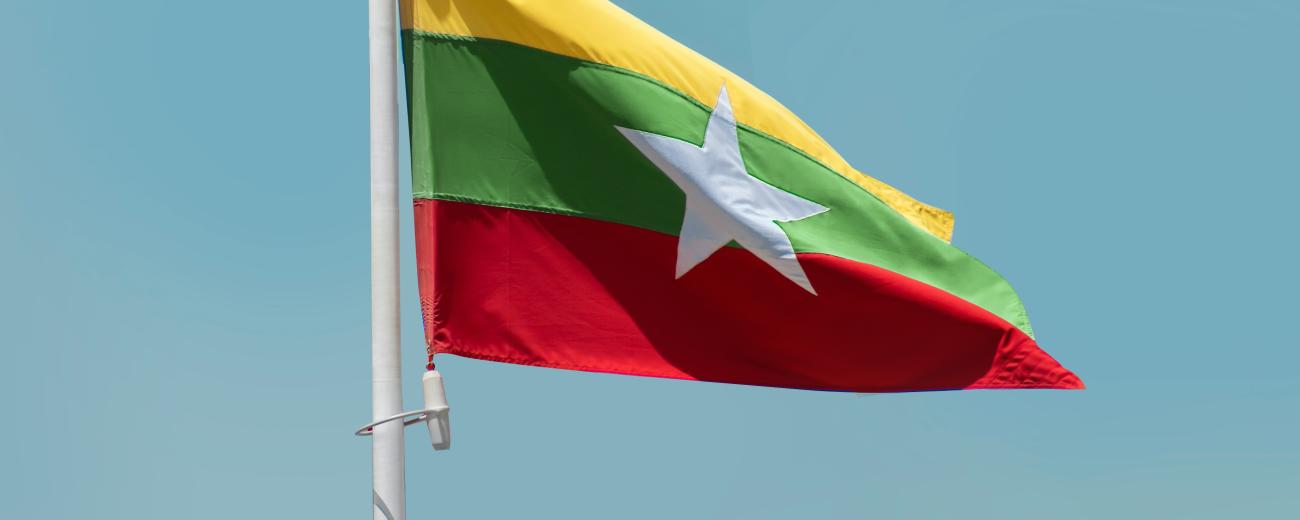
Refusing to be Stigmatised and Forgotten: The Hidden History of Chinese “International Communist” Volunteers in Burma

Key information
- Date
- Time
-
5:00 pm to 7:00 pm
- Venue
- Russell Square: College Buildings
- Room
- RB01
- Event type
- Event highlights
About this event
This talk will explore the story of the Chinese volunteers who joined the Burmese Communist Party in the late 1960s, highlighting their diverse backgrounds and challenges they faced upon returning to China, shedding light on their struggles for recognition and opportunities.
In contemporary China, a group of seniors over seventy faces the difficult and sensitive task of sharing a personal history that remains unrecognised by the state. They actively participated in Chairman Mao’s vision of a “World Revolution”. In 1968, in the middle of the Cultural Revolution, the Chinese Communist Party began to extend aid to the Burmese Communist Party (BCP) to establish Northeastern Base Area, which would later become the BCP’s central headquarters. CCP officially sent senior military advisors and International Pro-leftist Forces to bolster the BCP’s efforts.
Alongside these official forms of support, thousands of young Chinese, motivated by a range of diverse personal convictions, crossed the Sino-Burmese border to voluntarily join the BCP’s ranks. This varied group of volunteers, representing various ethnic, regional, religious, and professional backgrounds, formed the core of the BCP’s military force from the late 1960s to 1973.
Fighting alongside the official military contingents, these volunteers nonetheless faced disparate treatment upon discharge. Their return to China marked the commencement of another struggle: the daunting process of reintegration into a society oblivious to their sacrifices in Burma and the pursuit of stability in a time of national transformation. Utilising a wealth of untapped personal narratives—including diaries, letters, and work records—combined with in-depth interviews, this presentation will probe the multifaceted negotiations and hurdles these volunteers have been through with the Chinese government over their employment prospects and the recognition of their historical experiences.
Chair: Xu Peng (PhD Candidate, SOAS)
About the speakers
Dr Ning Zhang is a Newton International Fellow in the Faculty of Asian and Middle Eastern Studies at the University of Oxford. She is working on a research project titled “Chinese Sent-Down Youth and the Communist Movement in Burma (1968-1989),” funded by the British Academy. Ning’s expertise lies in the field of Modern Chinese history studies.
Prior to her appointment at Oxford, she earned her PhD at Fudan University, where she completed her dissertation on the Sent-Down Youth Movement.
Xu Peng is a PhD candidate in the Department of Politics and International Studies at SOAS. Her research is about ethnic armed groups history in the China-Myanmar Borderlands.
Registration
This event is free and open to the public.
- Organiser: SOAS Centre of South East Asian Studies
- Contact email: centres@soas.ac.uk



